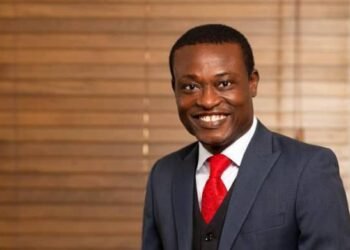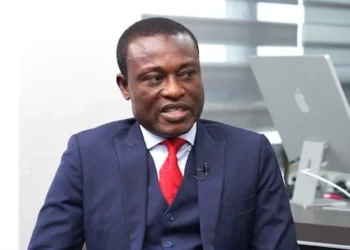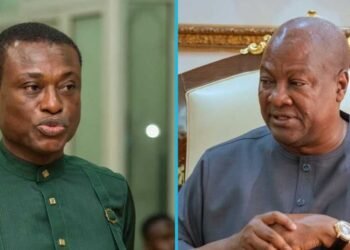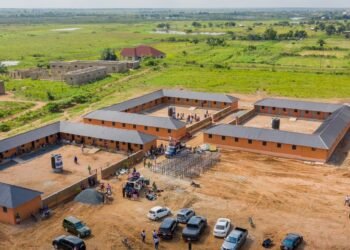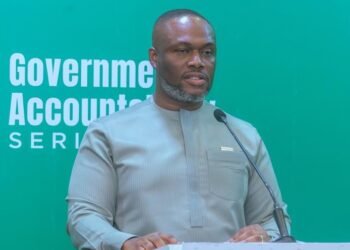The United Party Plus (UP Plus), led by Alan John Kwadwo Kyerematen, has reignited debate over Ghana’s enduring two-party dominance.
Emerging from the rebranded Movement for Change (MfC), the new political movement has positioned itself as a centrist alternative to the New Patriotic Party (NPP) and the National Democratic Congress (NDC). But as IMANI Africa‘s recent brief has outlined, the challenge before UP Plus is structural, historical, and deeply embedded in the country’s political fabric.
Since the advent of the Fourth Republic in 1992, the NPP and NDC have defined Ghana’s political direction, winning over 90 percent of the national vote in every election. In 2020, the two parties jointly captured 99.2 percent of total votes cast, leaving less than one percent for all other contenders combined.
“The launch of the United Party Plus (UP Plus) by Alan John Kwadwo Kyerematen marks yet another attempt to disrupt Ghana’s entrenched two-party system.
“Yet, its prospects must be assessed against the structural realities of Ghana’s Fourth Republic, where the New Patriotic Party (NPP) and the National Democratic Congress (NDC) have maintained a near-monopoly on electoral outcomes since 1992”
IMANI Africa
IMANI noted that this entrenched duopoly has proved “extraordinarily resilient,” often neutralizing splinter groups or absorbing them through political alliances. “The story has been one of limited impact and eventual dissipation,” IMANI observed, citing the breakaway parties of the late 1990s through the PPP, GUM, and the Movement for Change.
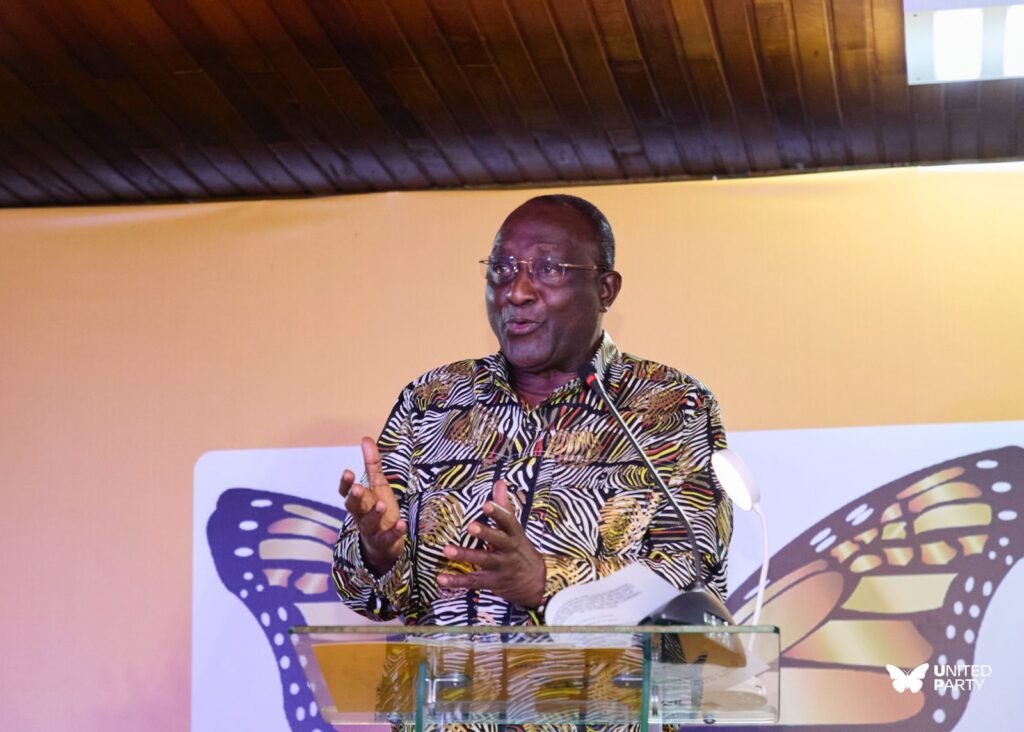
Against this backdrop, UP Plus stands as the latest effort to redefine the country’s democratic space. Yet IMANI cautioned that the history of Ghana’s political experiments offers sobering lessons – particularly for parties that emerge around the personality of a single leader rather than a durable institutional base.
Beyond Personality Politics
While the rebranding of the Movement for Change into UP Plus has extended its visibility beyond the 2024 elections, IMANI emphasizes that visibility alone cannot substitute for political traction. Ghana’s electoral system, the think tank argued, rewards organization over charisma.
“The real test lies in whether UP Plus can build durable grassroots structures across the country’s more than 40,000 polling stations. Without such organizational depth, the party risks becoming another personality-driven project, dependent on the charisma of its founder rather than institutional resilience”
IMANI Africa
Indeed, smaller parties in Ghana’s history – from the Great Consolidated Popular Party (GCPP) to the Convention People’s Party (CPP) and the Progressive People’s Party (PPP) – all suffered from weak local organization. Their inability to maintain consistent visibility between elections, IMANI contended, often led voters to question their seriousness.
IMANI further highlighted the institutional limitations that hinder third-force growth. Under the 1992 Constitution, a sitting president must appoint the majority of ministers from Parliament – a provision that inherently advantages larger parties. Smaller parties have failed to break through in parliamentary contests, making it nearly impossible for them to wield legislative influence.
“The PPP contested 211 constituencies in 2012, 163 in 2016, and only 21 in 2020 – without securing a single seat. The GUM contested 80 seats in 2020 and also failed to win any,” the IMANI Africa recalled, noting that such performance reinforces the perception that smaller parties are not viable governing alternatives but electoral placeholders.

The result is a cycle in which voters continue to “default to the two main parties,” for stability and continuity.
The Path Forward
For UP Plus, the challenge lies in resisting absorption into either side of the duopoly and in building a structure that survives beyond one election cycle.
IMANI proposed that the party focus on winnable constituencies and maintain consistent parliamentary participation rather than seeking national appeal without local anchoring. Alan Kyerematen’s own performance in the 2024 elections underscores the uphill battle.
Running as an independent candidate, he garnered only 0.26 percent of the national vote, a modest figure compared to Nana Kwame Bediako’s 0.73 percent, which led IMANI to suggest that without a strong parliamentary presence, such presidential runs remain largely symbolic.
“The launch of UP Plus could have sent a stronger grassroots signal had it been anchored in constituencies or regions where Alan’s appeal is strongest. Instead, the national unveiling risks being interpreted as another top-down initiative without clear territorial grounding”
IMANI Africa
The policy think tank recommended a “beachhead strategy” for UP Plus – concentrating efforts and resources in a few strategic constituencies, developing local branches, and grooming “shadow MPs” who can sustain political activity between elections.
Ultimately, the relevance of UP Plus will depend not on the spectacle of its launch but on its capacity to endure and organize. Ghana’s political landscape is littered with the remnants of once-promising third forces that could not institutionalize their movements.
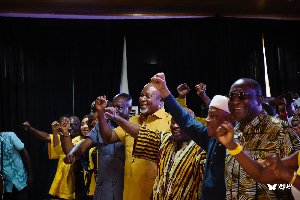
For IMANI, the difference between survival and decline will rest on UP Plus’s ability to contest and win – not just presidential elections, but legislative and local ones as well.
“To avoid the fate of its predecessors, UP Plus must transform itself from a rebranded movement into a rooted institution capable of contesting power at every level,” IMANI concluded.
As the 2028 elections draw closer, UP Plus faces a defining test: to either join the long list of short-lived third forces or to finally give Ghanaians a credible centrist alternative.
READ ALSO: Ing. Abdul Karim Appointed as Heath Goldfields Engineering Manager




